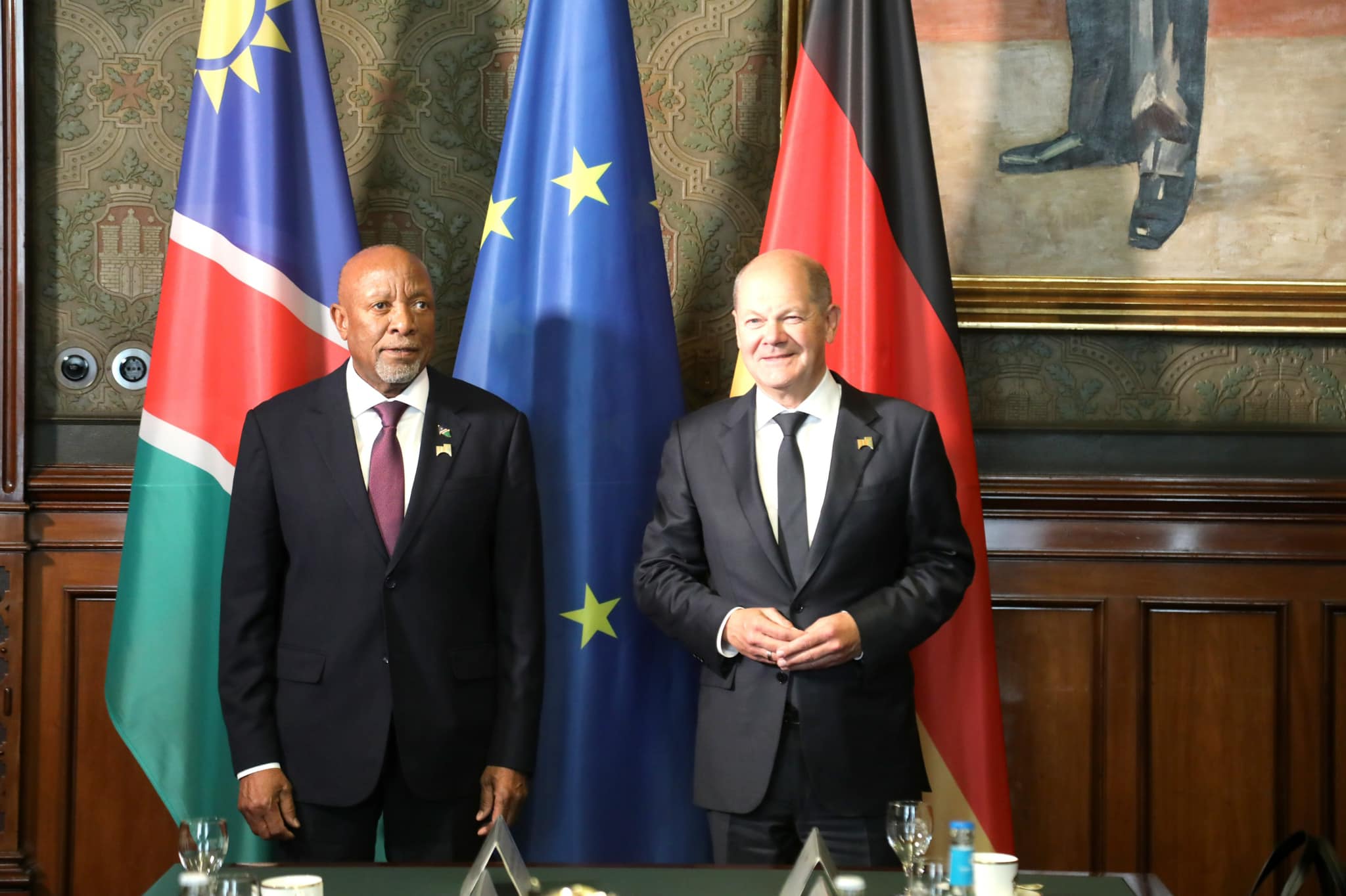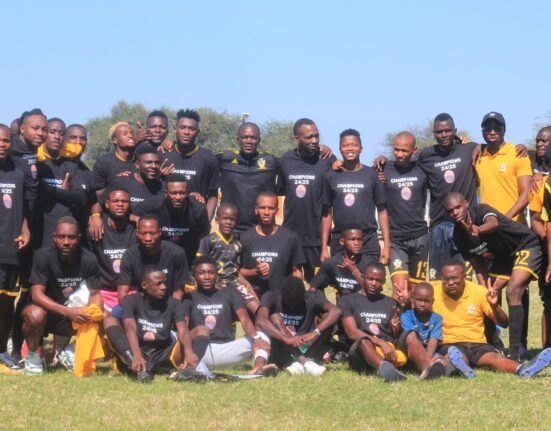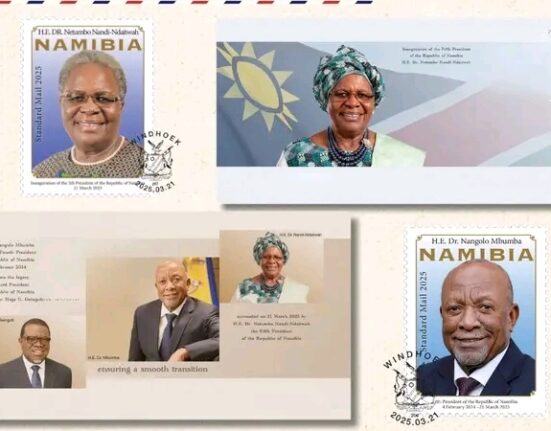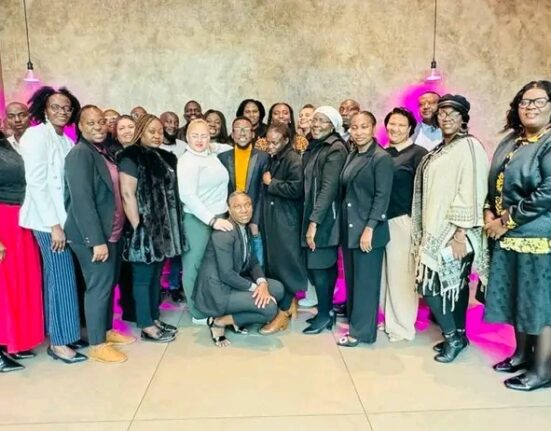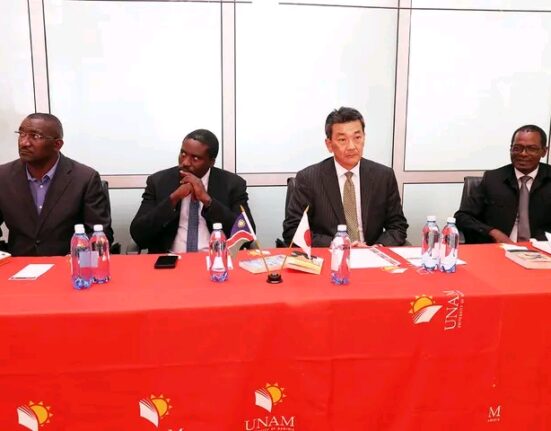Namibia’s relationship with Germany has been shaped by complex historical events, particularly the legacy of German colonial rule, which lasted from 1884 until World War I. During this period, Namibia—then known as German South West Africa—witnessed significant atrocities, including the genocide of the Herero and Nama people in the early 20th century. The scars of this brutal colonial past continue to affect Namibia’s national consciousness and its relationship with Germany today. The issues of reparations and reconciliation have been central to this ongoing dialogue, as Namibia and Germany navigate the difficult path toward healing the wounds of the past.
The Legacy of German Colonial Rule
The history of German colonialism in Namibia is marked by exploitation, violence, and systemic injustice. When Germany established its protectorate over South West Africa in 1884, it imposed a regime of land dispossession, forced labor, and repression of indigenous African peoples. The German settlers and colonial administrators viewed the indigenous populations as inferior, subjecting them to harsh working conditions and brutal treatment.
One of the most horrific chapters of this colonial period was the Herero and Nama genocide of 1904–1908. After the Herero people, led by Samuel Maharero, and the Nama people, led by Hendrik Witbooi, rebelled against German colonial forces in protest of the mistreatment and dispossession they suffered, the German military responded with unprecedented brutality. General Lothar von Trotha, appointed by the German Empire to quell the rebellion, issued an order to exterminate the Herero people. The genocide involved the mass killing, starvation, and displacement of thousands of Herero and Nama people, with an estimated 65,000 Herero and 10,000 Nama losing their lives.
This dark chapter in Namibia’s history has had far-reaching consequences, and its impact continues to shape the country’s relationship with Germany. The genocide was largely ignored for decades, both in Namibia and internationally, but in recent years, it has gained significant attention as Namibia seeks acknowledgment and reparations for the atrocities committed during the colonial period.
Reparations and Apologies: Germany’s Acknowledgment of Guilt
For years, Germany failed to fully acknowledge its role in the genocide of the Herero and Nama peoples, and for many Namibians, this silence was a source of deep pain. However, in the early 21st century, Germany began to confront its colonial past more openly, a shift that was influenced by both international pressure and growing calls from Namibians for justice.
In 2004, on the 100th anniversary of the Herero and Nama genocide, Germany’s then-President, Horst Köhler, offered a formal apology for the colonial atrocities, acknowledging the brutal treatment of the indigenous peoples. This was an important first step, but many Namibians felt that the apology lacked sufficient accountability and did not go far enough in addressing the long-term consequences of the genocide.
It was only in 2015 that the German government began formal negotiations with Namibia regarding reparations. These negotiations gained momentum following a 2011 petition from the Namibian government and various advocacy groups, calling for Germany to pay reparations for the genocide and its effects on the affected communities. The Namibian government, under President Hage Geingob, argued that the legacy of the genocide had left deep scars on the country’s indigenous populations, contributing to ongoing socio-economic inequality.
In May 2021, after years of negotiation, Germany officially recognized the atrocities as genocide. Chancellor Angela Merkel issued an apology for the genocide and offered financial compensation. Germany committed to a €1.1 billion (approximately N$18 billion) package of development aid to Namibia, specifically aimed at addressing the socio-economic challenges faced by the descendants of the Herero and Nama peoples. The funds are intended to be used for projects related to education, healthcare, infrastructure, and other initiatives that can help uplift the affected communities and address the long-standing inequalities exacerbated by the genocide.
While the apology and compensation were seen as significant steps forward, many Herero and Nama descendants, along with some Namibian politicians, have argued that the reparations fall short of what is owed. Some have called for direct financial compensation to the survivors and descendants of those affected, while others believe that the package should be larger to adequately address the enduring trauma and loss suffered by these communities.
The Reconciliation Process: Challenges and Opportunities
Reconciliation between Namibia and Germany has been a complex and contentious process. The reparations package, though seen as a positive move by some, has been met with mixed reactions. For many Herero and Nama descendants, the issue is not just about financial compensation but about recognition of their suffering and a genuine commitment to healing the historical wounds caused by German colonialism.
Reconciliation, in this context, involves not only a material settlement but also a deeper societal understanding of the impact of colonial violence. For many Namibians, the genocide and the legacy of apartheid and colonial oppression are not just historical events but ongoing struggles that continue to shape the lives of indigenous communities. The systemic inequalities that were established during the colonial era have not been fully addressed, and many Namibians continue to feel marginalized, particularly in rural areas.
The process of reconciliation also requires Germany to take responsibility not only for the genocide but also for the long-term effects of colonial rule, including the dispossession of land and the creation of racial hierarchies that continue to influence Namibian society. This is a delicate issue, as the scars of the genocide are not only historical but also social and economic, deeply affecting the lives of affected communities today.
Furthermore, Namibia’s diverse political and cultural landscape complicates the process of reconciliation. While many Namibians are united in their desire for justice, the path to reconciliation is shaped by varying perspectives on the appropriate response to Germany’s colonial legacy. Some believe that a purely financial compensation approach will not address the root causes of inequality and division, while others are more focused on practical solutions to the country’s current challenges.
Namibia’s Role in Shaping the Dialogue on Reparations
Namibia’s ongoing dialogue with Germany is part of a broader trend of countries seeking reparations for historical injustices. Namibia, through its government, civil society organizations, and descendants of those affected by colonial violence, has become a key voice in the global movement for reparations. Namibia’s experience highlights the importance of acknowledging historical wrongs and making amends for the lasting damage caused by colonialism.
While the reparations deal between Namibia and Germany represents an important step toward healing, it also serves as a reminder that true reconciliation goes beyond financial compensation. It involves building trust, understanding, and solidarity between countries, as well as addressing the structural inequalities that were created during the colonial era.
Namibia’s role in this dialogue is also significant in the context of African liberation movements and the post-colonial struggle for justice. The country’s journey from colonial oppression to independence and its ongoing quest for justice for the Herero and Nama peoples underscores the broader challenges faced by former colonies in the pursuit of reparations and reconciliation. Namibia’s example serves as an inspiration for other nations still grappling with the legacy of colonialism.
Looking Ahead: Healing and Unity
The relationship between Namibia and Germany, particularly in the context of reparations and reconciliation, remains a work in progress. While progress has been made, much work remains to be done to fully heal the wounds of the past and build a future based on equality, understanding, and mutual respect.
The reparations deal, alongside Germany’s formal apology, represents a significant chapter in Namibia’s post-colonial history. However, for many Namibians, particularly the descendants of the Herero and Nama peoples, the journey toward true reconciliation will require more than just financial aid. It will require Germany to fully engage with the country’s history and to work with Namibia to foster social healing and meaningful justice.
The issue of reparations and reconciliation in Namibia serves as a reminder of the importance of confronting colonial legacies, addressing historical injustices, and working together to build a more just and equitable future. As Namibia and Germany continue their dialogue, the hope is that both nations will find a path toward healing, acknowledging the past while working toward a future built on justice, respect, and unity.
Join 'Namibia Today' WhatsApp Channel
Get the breaking news in Namibia — direct to your WhatsApp.
CLICK HERE TO JOIN






